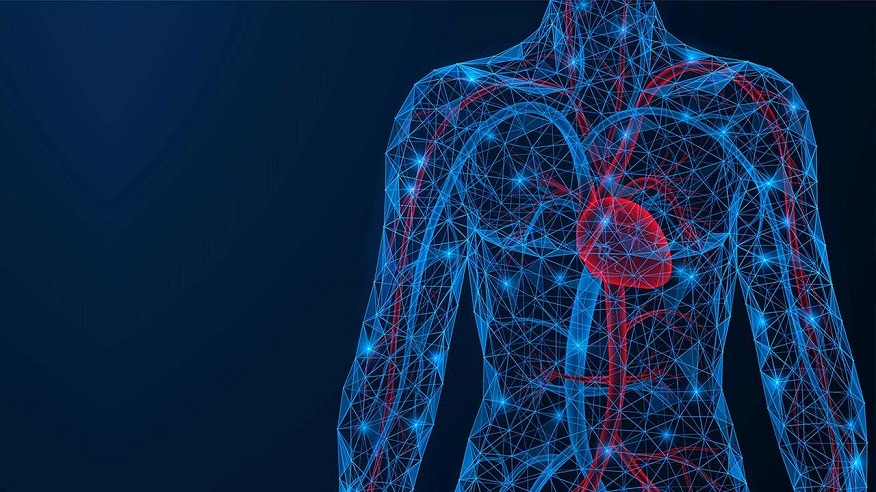Picture this – you’re in the bustling city of Houston, Texas, right in the center of a high-stakes cerebral vascular neurosurgery. This isn’t just a dramatic scene from a medical TV show, but a real-life circumstance impacted by nothing other than lifestyle choices. Yes, you heard it right. Vascular health isn’t just about age or genetics. It’s largely about how we live day-to-day. From what you eat to how much you move, every choice plays a role. This blog aims to delve into the intricate connection between lifestyle and vascular health, using insights from the world of Houston Cerebral Vascular Neurosurgery.
Understanding Vascular Health
Vascular health is like a hidden matrix. It’s the highway for your blood cells. However, when these highways get blocked or narrowed – that’s when problems start. It’s like a traffic jam, but within your body. And just like how a city’s traffic can be influenced by a myriad of factors, so can your vascular health.
The Role of Lifestyle Choices
Lifestyle choices are the traffic cops of your vascular system. They control the flow. Healthy choices keep the highway clear. Poor choices create bottlenecks.
Think of smoking. It’s like throwing rocks on the highway. It damages the walls of your vessels. They become narrower. Blood flow is obstructed. This is just one example. There are plenty more.
How Can We Improve?
So, how do we reduce the traffic on our vascular highways? Here are three simple ways:
- Regular exercise: It’s like adding more lanes to the highway. It improves blood flow.
- Eating healthy: It’s like using high-quality asphalt. It keeps the vessel walls strong and flexible.
- Quit smoking: It’s like stopping the rock-throwing. It prevents damage to the vessel walls.
But these aren’t just theoretical possibilities. In the world of Houston Cerebral Vascular Neurosurgery, we see the difference that these changes can make.
The Proof is in the Pudding
It’s not just about preventing problems. It’s also about improving outcomes. Patients with a healthy lifestyle respond better to treatment. They recover faster. They have better long-term results. It’s something we’ve seen time and again in Houston Cerebral Vascular Neurosurgery.
It’s not easy. It takes effort. But the pay-off is significant. A better vascular health. A better life. That’s something worth striving for, isn’t it?

